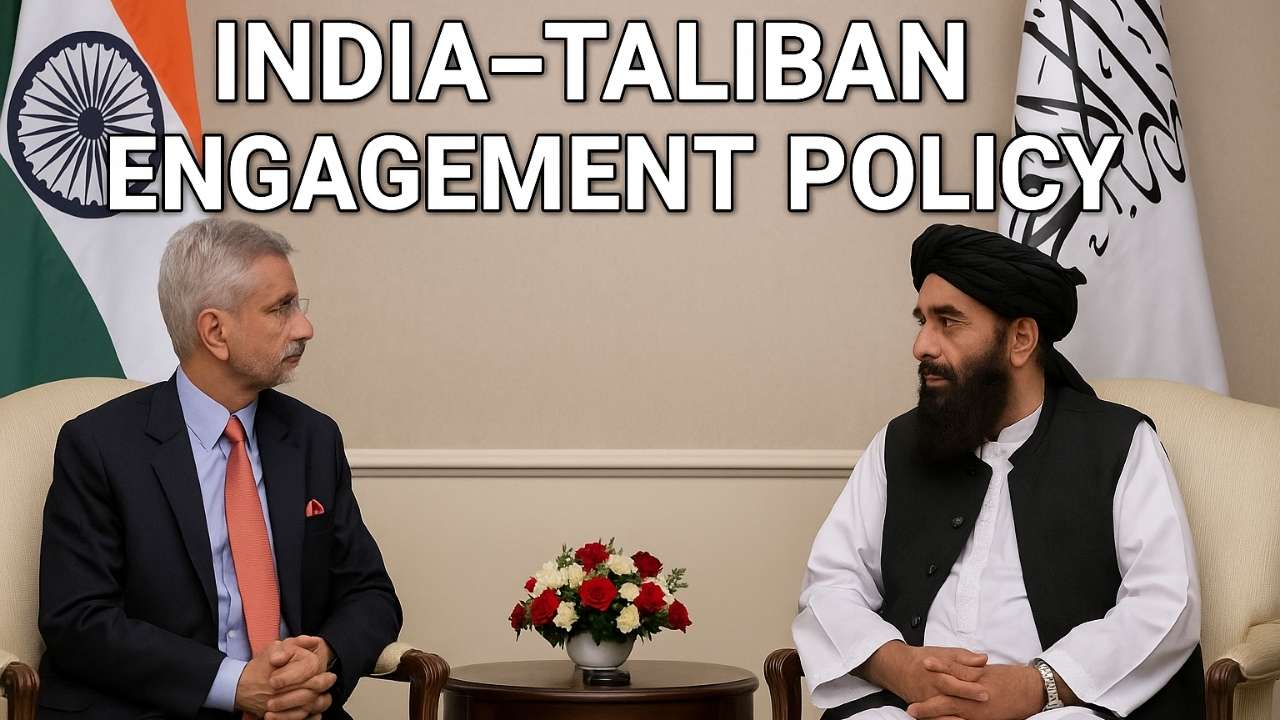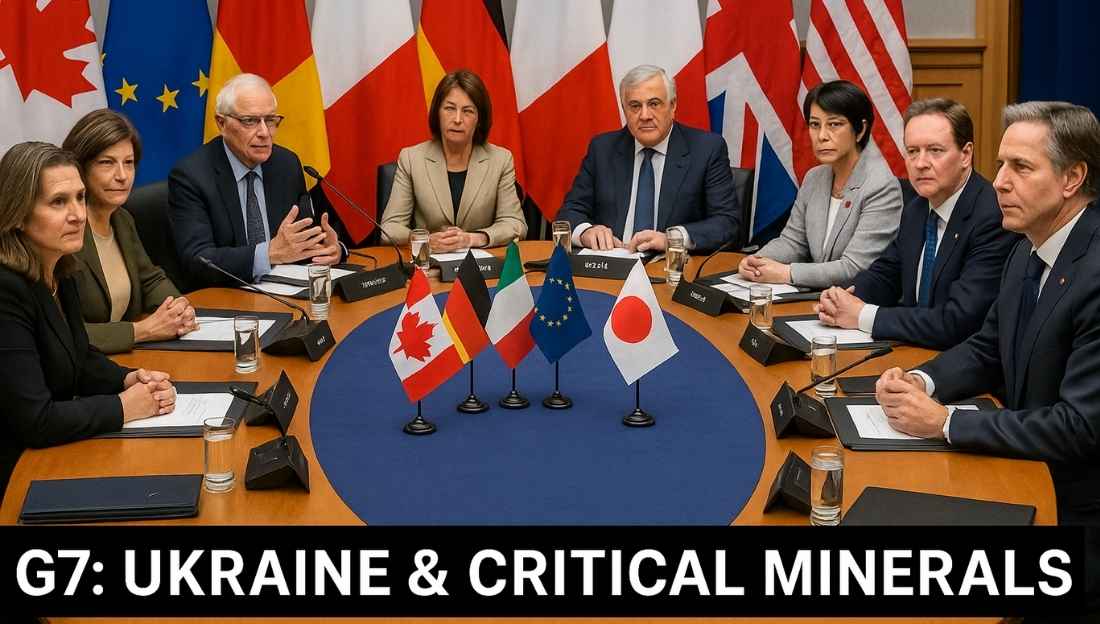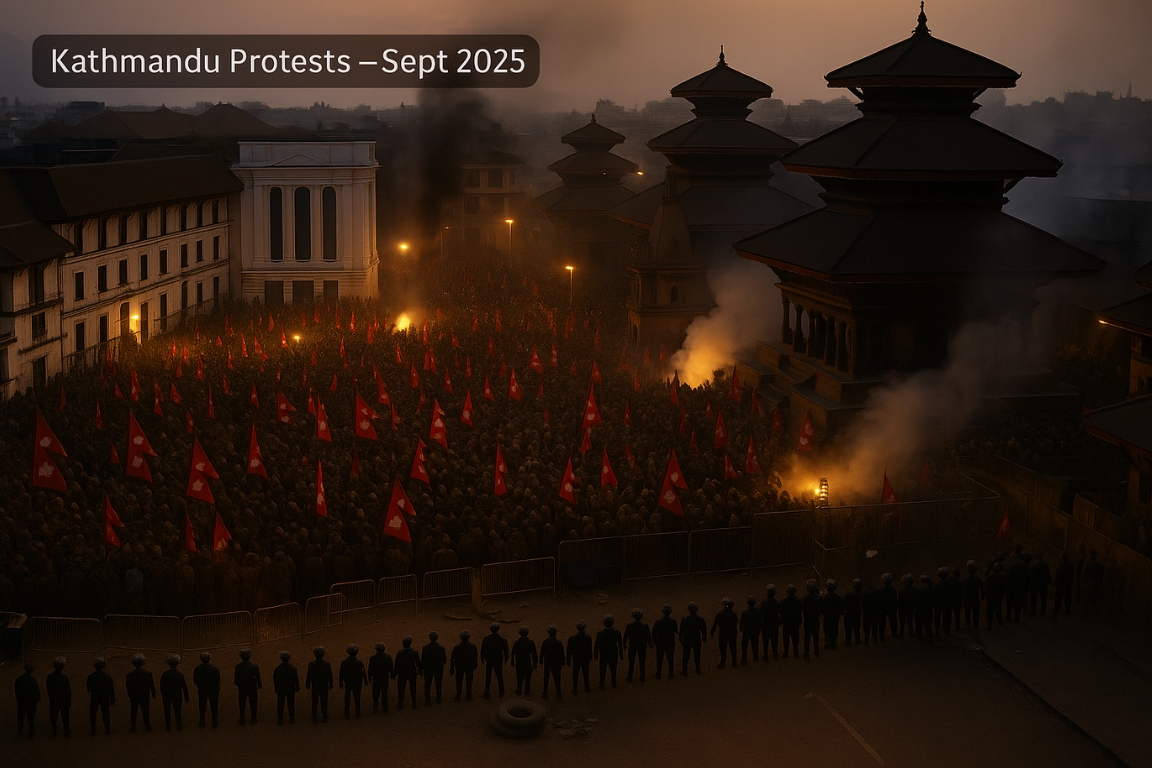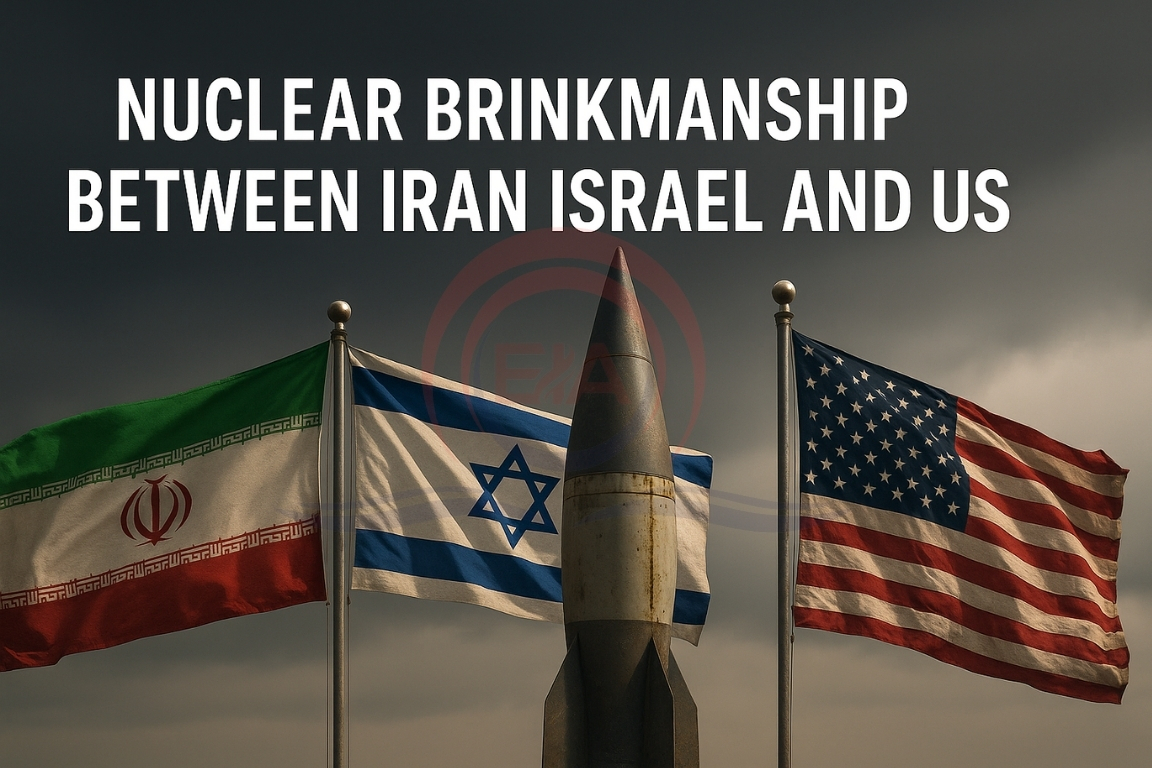India recently hosted Taliban Foreign Minister Amir Khan Muttaqi, marking the highest-level interaction between New Delhi and the Taliban regime since 2021.
Background
- Taliban returned to power in August 2021 after the U.S. withdrawal.
- India had invested heavily in Afghan development during 2001–21 and fears losing influence.
- Pakistan–Taliban relations have worsened recently, creating geopolitical openings for India.

India’s Key Objectives in Afghanistan
- Protect Past Investments: India invested ~$3 billion in Afghanistan’s infrastructure, health, education & governance. Wants to ensure earlier projects remain intact and operational.
- Prevent Terrorism Against India: India wants assurance Afghan soil won’t support anti-India groups such as LeT, JeM, IS-K, TTP. Security cooperation is a priority.
- Prevent Pakistan’s Strategic Depth: Taliban historically linked to Pakistan’s military establishment. India aims to explore Taliban autonomy & limit Pakistan’s dominance.
Current Approach: Engage but Don’t Recognise
- India follows a policy of gradual, conditional engagement — not full diplomatic recognition.
- Supports humanitarian aid & infrastructure revival, while monitoring Taliban conduct.
Arguments for Engagement
- Taliban appear more stable than in the 1990s.
- Regional powers like Russia & China have already established diplomatic channels.
- Pakistan–Taliban rift gives India diplomatic leverage.
- Engagement helps India safeguard projects and maintain ground influence.
Human Rights & Governance Concerns
- Severe restrictions on women’s education, work, and public participation.
- Governance run by a small, Pashtun male-only leadership.
- Deep economic crisis — economy shrunk significantly, ~half the population needs aid.
Terror Network Linkages
- UN reports indicate Taliban still shelter al-Qaeda & other jihadist groups.
- Haqqani network remains influential inside Taliban power structure.
- Terror sanctuaries could resurface if domestic instability increases.
India’s Long-Term Strategy
- Maintain strategic patience; avoid hasty recognition.
- Use diplomatic engagement to push for moderation, basic rights, and stability.
- Work through regional forums & UN mechanisms.
- Keep focus on Afghan stability, inclusive governance, economic recovery — key for long-term peace.
Conclusion:
India should stay engaged with the Taliban without according formal recognition.
Cautious diplomacy allows India to protect its interests, support the Afghan people, and maintain leverage, while preventing extremist influence from spreading in the region.
This topic is available in detail on our main website.





